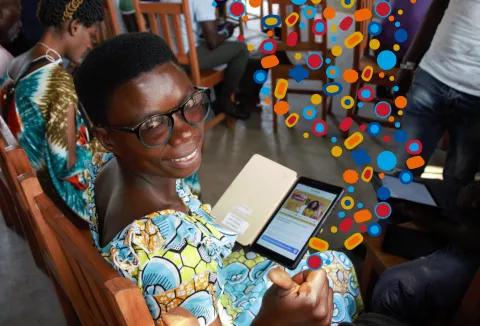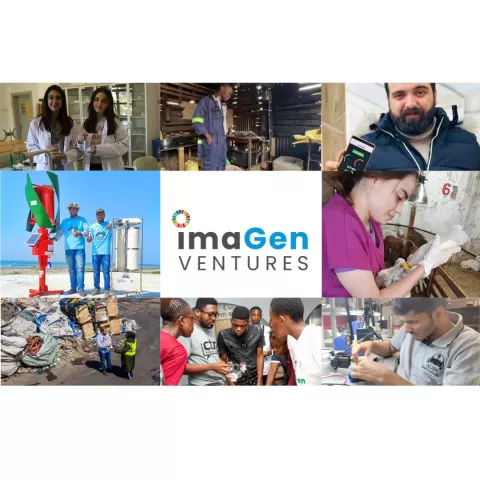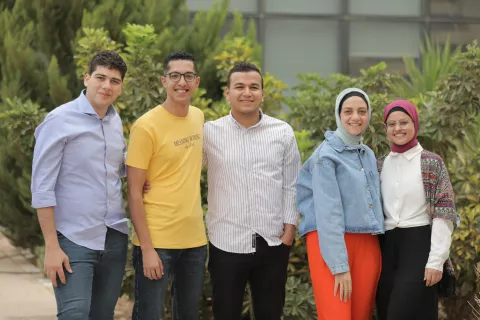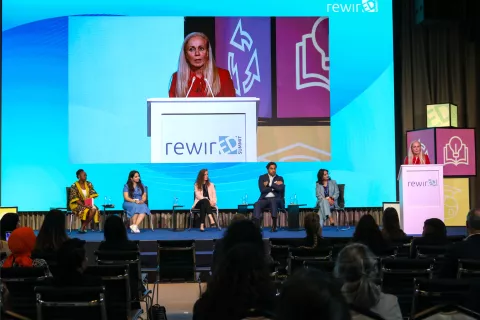DonateWater, Empowering Communities through Citizen Science
Harnessing Data and Collaboration to Tackle Water Scarcity and Gender Inequality in Nigeria
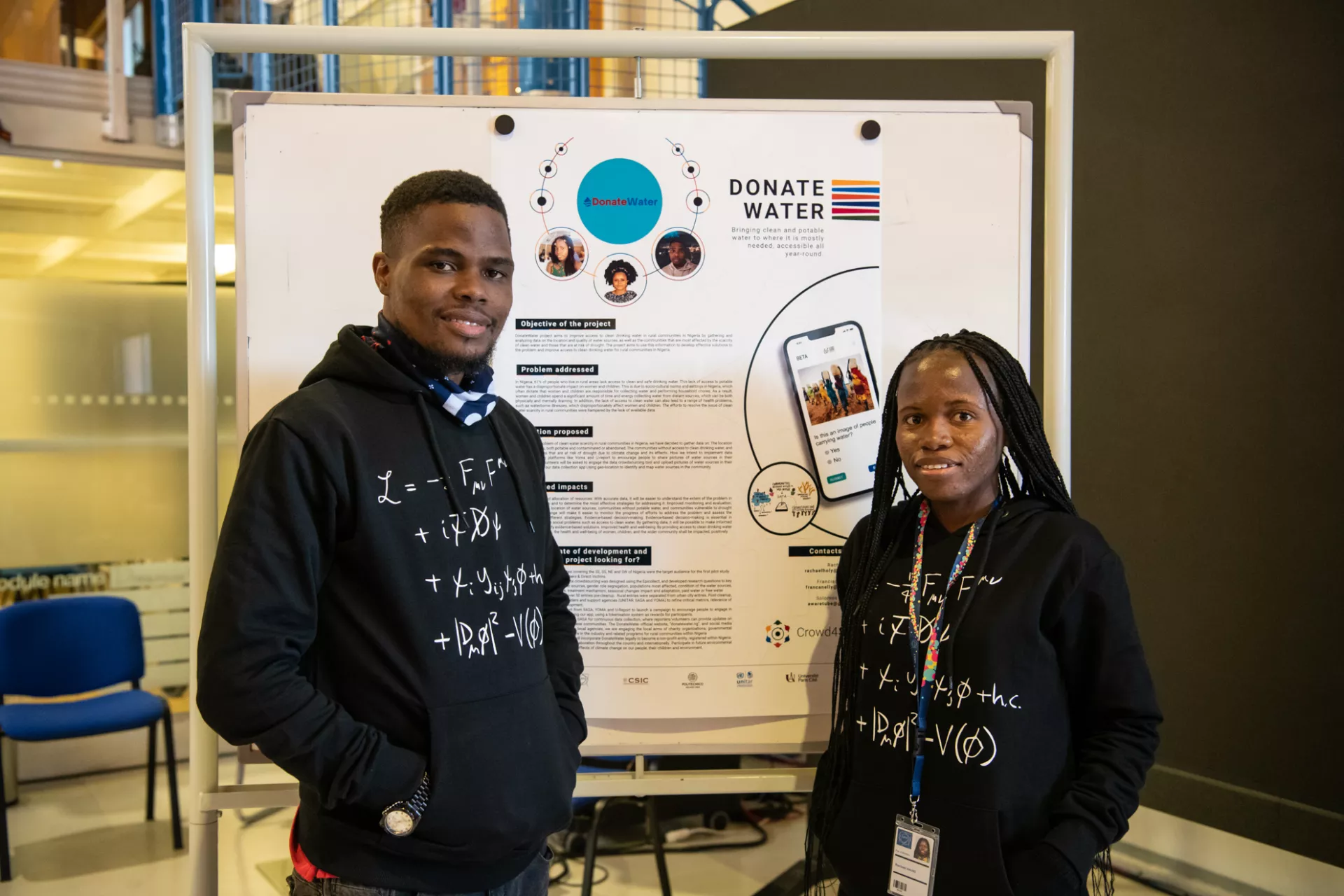
Solomon Olusegun is among the finalists of GEAR cycle 2 organized by Crowd4SDG, focusing on SDG 13 Climate Change and SDG 5 Gender Equality. He is currently pursuing a Bachelor of Science in Psychology at the University of Ibadan, Nigeria, and nurturing his tech savviness by exploring different projects outside his field of studies. With a background in psychology, he has always been interested in learning more about the interactions between humans and the environment, this made him interested in how humans are experiencing climate change. His journey with Yoma started when he joined a Goodwall Challenge that gave him access to a network of like-minded individuals who share similar aspirations.
He recognized the pressing issue of access to clean water in Nigeria and understood that this problem disproportionately affected women and children who had to travel long distances to fetch water, leading to physical exhaustion and depriving them of other opportunities. The lack of potable water sources and the increasing impact of climate change worsened the situation. However, there was a lack of data to support the implementation of effective policies and changes in addressing these challenges.
Solomon became an integral part of the DonateWater team during the GEAR cycle 2. Together with other team members, including Rachael David, Francisca Timothy, and Daniel Ugwu, they conceived an innovative citizen science project. The aim was to develop a crowdsourcing tool to collect and analyze data on the location and quality of water sources and assess the communities most affected by water scarcity due to climate change. With the support of mentors and organizations involved in the Crowd4SDG project, the team explored the use of tools such as VisualCit, CS Project Builder, and later EpiCollect. They successfully engaged with stakeholders such as UNITAR, UNICEF Nigeria, WaterAid, Yoma, U-report, IIASA, and NSO Nigeria, as well as local organizations. The team also diligently established DonateWater as a Nigerian non-governmental organization.
During the first phase of implementation, DonateWater developed a mobile phone application and conducted a pilot study in specific regions of South Nigeria. They collected data on the location of water sources, gender role segregation, population affected by water access, distance to access water, type of water treatments, and paid access to water. They received over 50 entries pre-cleanup and collaborated with UNITAR, IIASA, and Yoma to refine the metrics.
Solomon and his team learned that by leveraging citizen science tools and engaging with various stakeholders, they could effectively address pressing social and environmental challenges. DonateWater is one of the open innovation methodologies evaluated as part of the YOMA Operational Research to explore how to adapt existing citizen science projects to local needs and constraints. The DonateWater research application developed with IIASA will be launched in July 2023 and includes a mapping feature with the geographic location of communities.
The team is also currently working on incorporating a tokenization feature and plan to launch it to the general public through collaboration with Yoma and U-report. By September 2023, DonateWater will be integrated into the YOMA platform, bringing the opportunity to the YOMA community to participate in the data collection process. Learnings from this integration will inform future development of Yoma and will inform how to develop strategy for optimally combining extrinsic (token) and intrinsic (impact) motivations when promoting youth engagement and open innovatiom methodologies to contribute to the SDGs.

